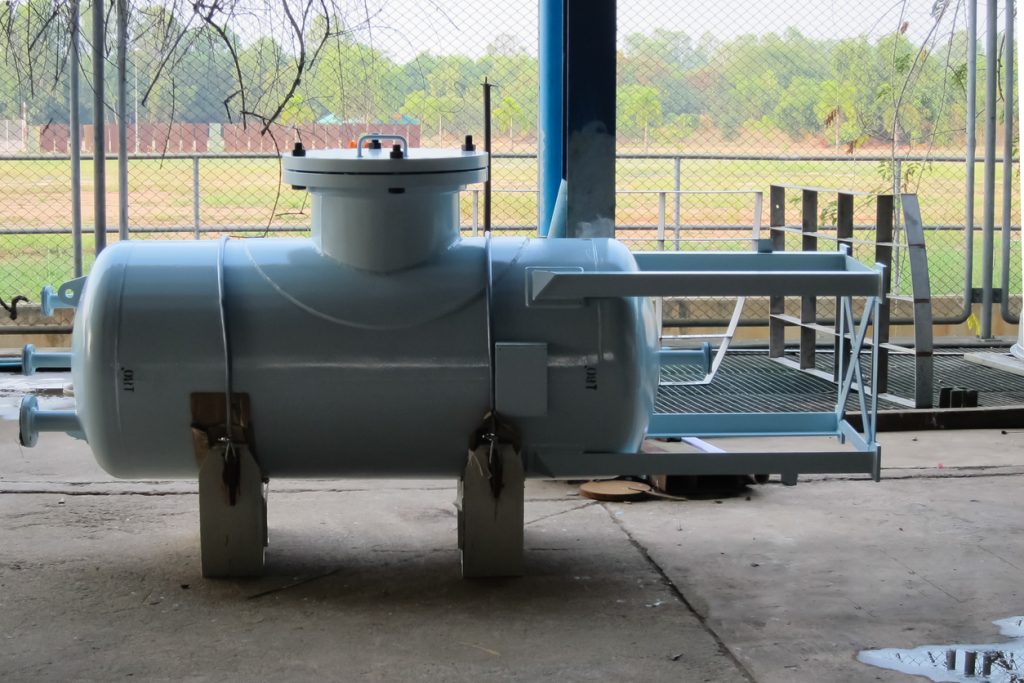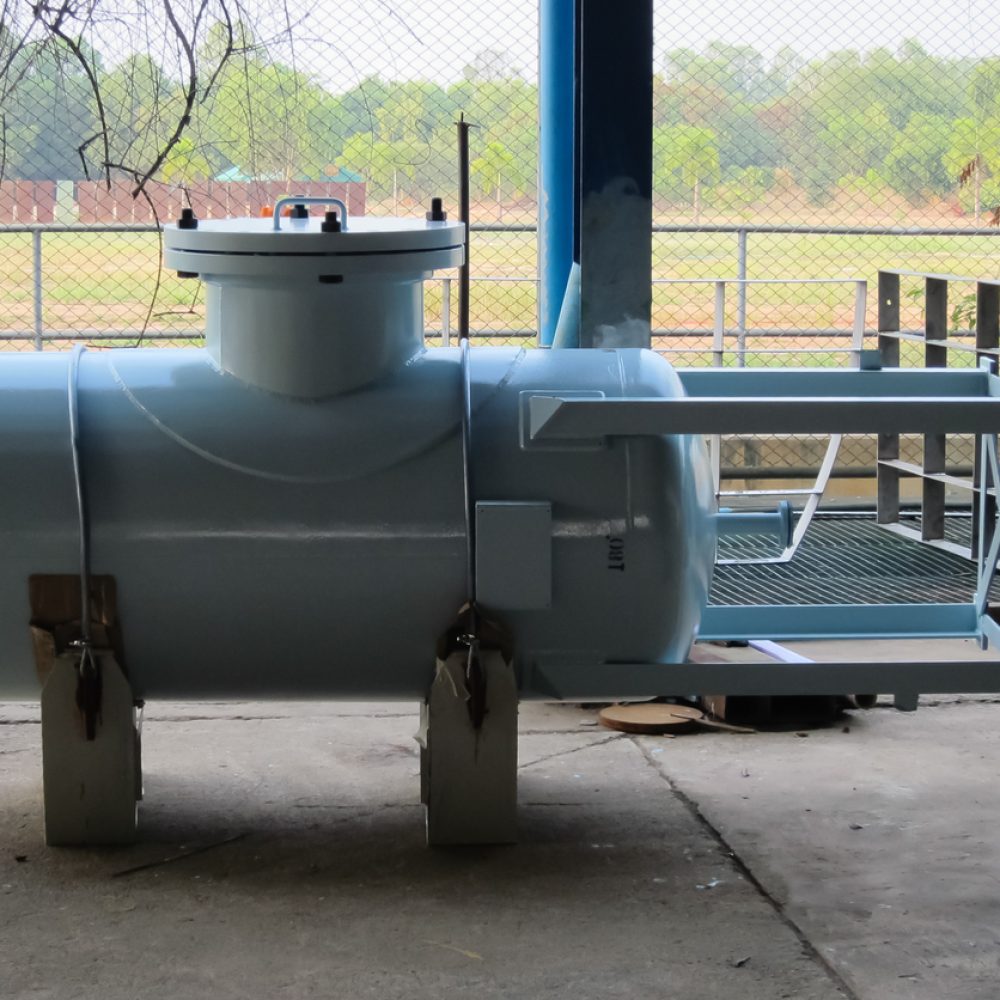The Hidden Costs of Neglecting Interceptor Cleaning
If you have an oil interceptor fitted at your premises, you should know what an important job it does in protecting your local environment from the pollutants that might otherwise enter the main sewer network.
What you may be less aware of is the importance of having your interceptor regularly cleaned to ensure that it continues to work effectively and you don’t run the risk of breaching environmental rules and regulations.
In this article, we’re going to explain how neglecting this simple procedure could cost you in the long run – but first, let’s remind ourselves of the essential job that an oil interceptor does.

What is an oil interceptor?
When rainwater enters the sewer network, it can take with it various pollutants. Most of these will be treatable at a later date, but if your premises has a lot of oil or petrol on the ground – this could be anywhere where multiple vehicles are kept, operated or worked on – that could cause serious harm to the environment.
An oil interceptor – as the name suggests – intercepts such hazardous waste and separates it out, allowing cleaner water to continue into the sewers. These oils then need to be regularly emptied out from the interceptor by a licensed waste management specialist and disposed of safely.
The dangers of neglecting interceptor maintenance
Of course, there’s a cost involved in getting your oil interceptor emptied regularly – but there could be higher costs involved if you don’t. Here’s why:
High long-term maintenance costs
Cleaning an interceptor is an essential but relatively quick and inexpensive operation. If you leave too long a gap between each clean, you could be both reducing the efficiency of your interceptor and even causing it long-term damage. Putting this right is likely to cost far more than having your interceptor cleaned out at the right time.
Fines for breaking the law
Preventing pollutants generated by your business from entering the environment isn’t just the right thing to do – it’s also a legal requirement. Failure to do it as a result of faulty or damaged equipment could mean you’re in breach of strict regulations and subject to substantial fines. If it’s demonstrated that your equipment isn’t doing its job effectively, you could even be shut down until you can properly deal with the pollutants caused by your commercial activities.
Downtime
If you can’t work because your oil interceptor is faulty or broken – or because you’ve been shut down by the Environment Agency – it follows that you can’t trade and you’ll be losing the income you’d otherwise be making. Even if you’re able to reopen quickly, the long-term damage to your reputation could be serious enough to hit your earning potential.
How often should oil interceptors be cleaned?
You should have your oil interceptor cleaned out at least every six months. However, it might need to be done more regularly if it’s causing blockages or allowing pollutants to enter the sewers in the meantime. If you’re at all unsure, keep a close eye on your interceptor between scheduled maintenance visits to see how effectively it is operating.

Here at Need a Tanker, we provide oil interceptor cleaning and servicing to businesses across the UK. Whether you’re after a one-off or regularly scheduled service in one location or across multiple sites, we can provide a fast, effective and affordable solution.
Get in touch now to find out more, get a quote or book an appointment with one of our experienced engineers.
